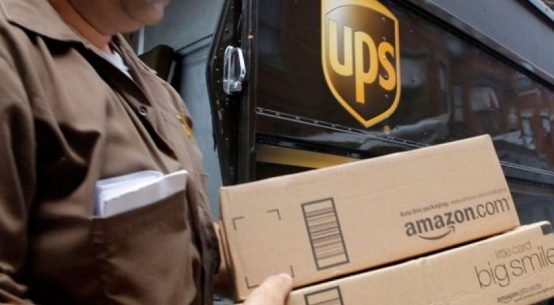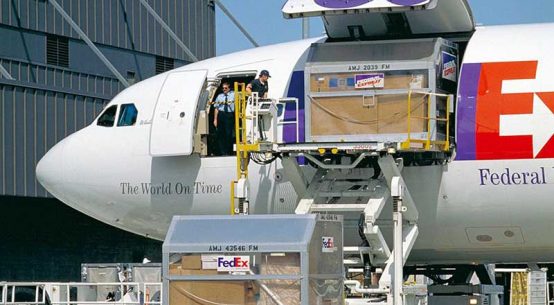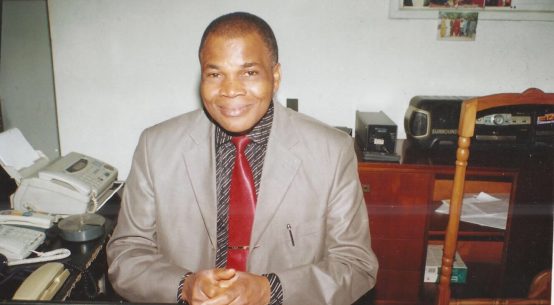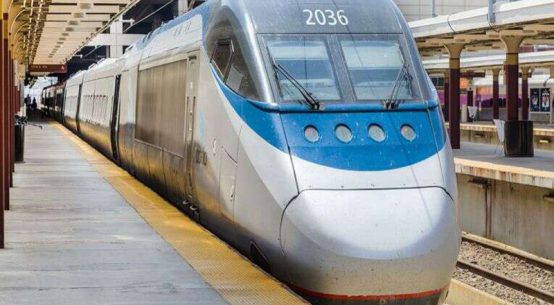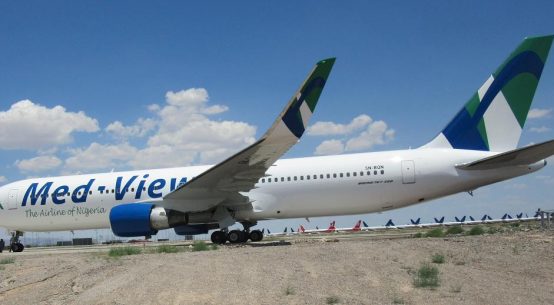
This could make a huge difference.
At the turn of the century, I was booked on United Airlines and stuck at LAX as a storm was beating down all around.
Airlines were being forced to cancel flights. I needed to get back home to northern California. Suddenly, United made an extraordinary announcement.
It was going to fly a plane through the storm. First come, first served, get to the gate. The airline had laid on a Boeing 747 to fly as many stranded passengers from LAX to SFO. It was, despite the weather, the loveliest short-haul flight I’ve ever taken.
The jumbo jet soared through the storms, scarcely moving an inch from its path. United had done something so blessedly helpful that I wanted to bow down to the person who’d taken the decision. Cut to our current times when airlines prefer to fly single-aisle, Boeing 737s, Airbus 319s and 320s and even Embraers on seemingly every short-haul route. (Which for airlines, seems to be up to six hours or more.)

There are downsides. If a plane can only hold, say, 170 passengers, it may mean a lot more takeoffs and landings. With only one aisle, getting off the plane is slow.
From the airline’s perspective, turning the plane around is also more cumbersome. One airline CEO, though, believes this has to change.
As Bloomberg reports, Qantas CEO Alan Joyce foresees a different way. Imagine, he says, a short-haul version of, say, the Boeing 787 Dreamliner. It could carry perhaps 275 passengers. More importantly — for me, at least — it could have two aisles.
Personally, I used to go out of my way to fly American Airlines from SFO to JFK specifically because it flew twin-aisled Boeing 767s. I cannot imagine how anyone could think that being in a single-aisled plane for six hours offers anything but muscle pain, mental torture and chronic claustrophobia.
The mere thought that one could fly in a larger plane again offers a tinge of bliss to my soul. It would, of course, put extra pressure on airlines to sell every seat. Because that’s what airlines do these days. But the principle surely offers a little hope for flyers.
After all, they spend far too many hours in the dungeon of despair, just waiting for a flight to be over with, so that they can complain about it, once they’ve reached their destination.



